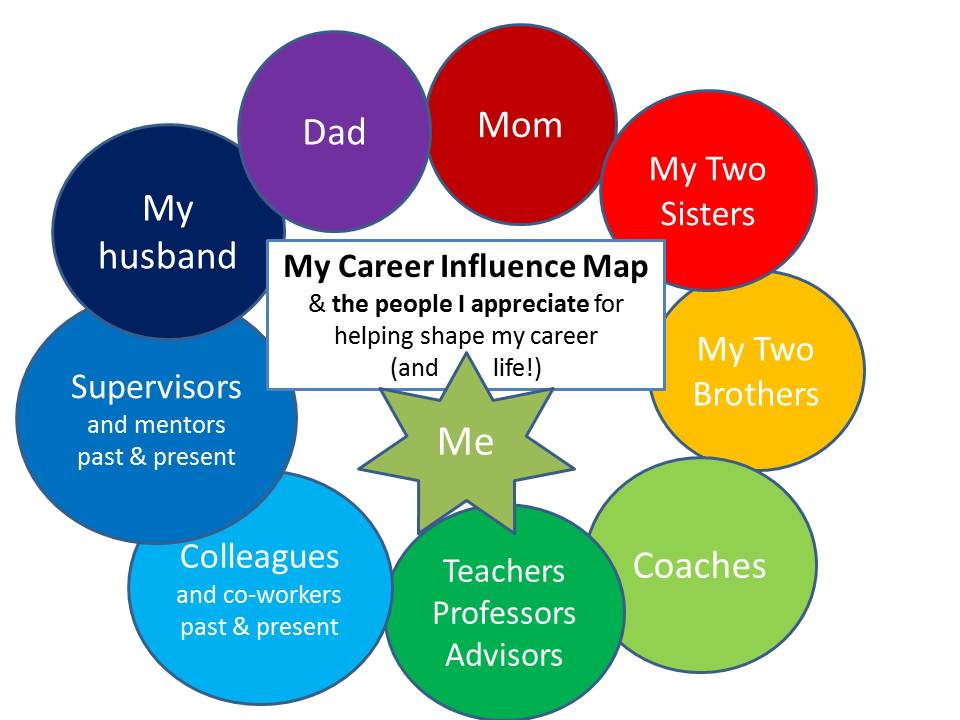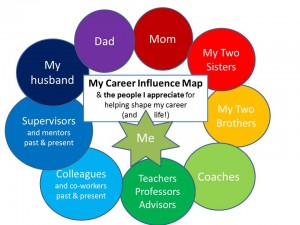Kelly Cleary
You’ve spent hours researching employers, learning about your industry of interest, and crafting a tailored resume and thoughtful cover letter that highlights your qualifications and interest in the position. You hit “send” or “submit”. And you wait. And wait. And wait.
I think this stage of the job or internship search is one of the most frustrating since it’s a time when you really feel like you have no control over the situation. While some employers post actual deadlines and update candidates’ statuses on their online application systems, the great majority of employers do not. And there is no standard process for application review. Some employers call selected candidates on a rolling basis planning to hire someone as soon as possible, while other employers take months to call candidates in for interviews because they are simply too busy since they are short staffed, their organization’s hiring system is a slow moving process, or some other reason.
What can an eager candidate do? In most cases, I recommend you follow up. If you don’t hear back from the employer 10 days to two weeks after you submit your resume, it is generally a good idea to contact the employer—ideally the hiring manager as opposed to human resources since he or she is likely the person deciding which candidates will be interviewed. I recommend simply emailing or calling to confirm they received your application and to reiterate your interest and offer to provide additional information if that might be helpful. If you are a long-distance candidate from another city or state, you might also mention if/when you will be passing through and available for an interview (this is also good to mention in the cover letter.) You might also ask if the position is even still open and inquire about their selection process timeline. If the position has been filled then you can ask if they know of any upcoming openings that might match your skill set.
What if the job description doesn’t include contact information? Then use your research skills to find contact information. Go to the employer’s website or the online yellow pages. If you can’t find the number for the specific department, call the main number and ask for the department and hiring manager’s email address of phone number. Organizations won’t always provide this information, but many of them will. And certainly using your network to connect with people who work for the organization is one of the best and easiest ways to find this information. Visit our Networking and Mentoring page for advice and resources for connecting with alumni and others.
No phone calls please. If the job description clearly says “no phone calls”, then follow those directions and do not contact the employer.






